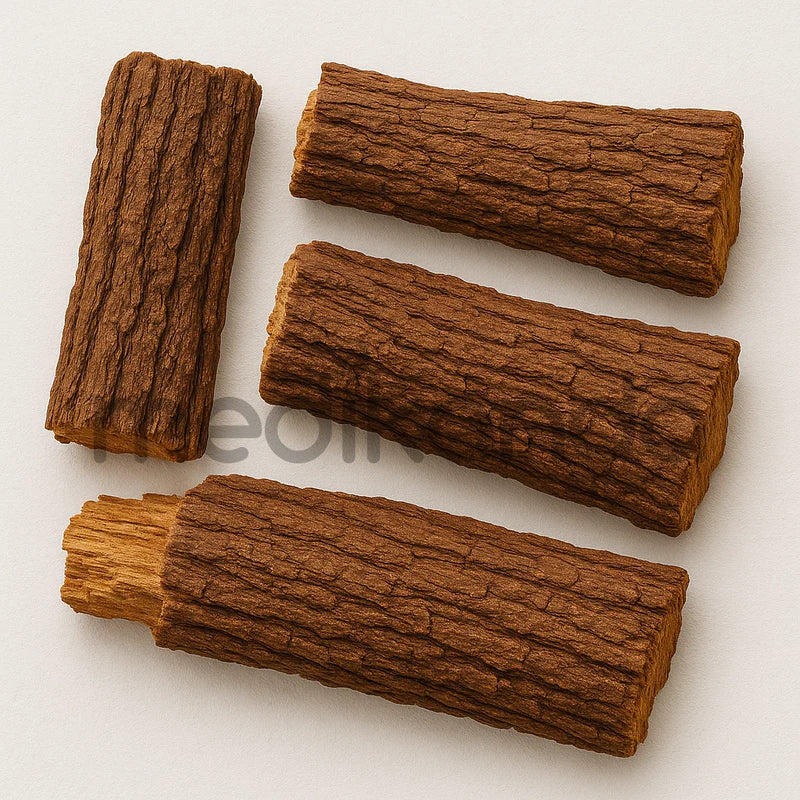Medikonda Nutrients
Hawaiian Acacia Confusa Root Bark - Large Pieces
Hawaiian Acacia Confusa Root Bark - Large Pieces
SKU:RA2048
QC Documents - Download
QC Documents - Download
Product Description
Product Description
Wholesale Bulk Hawaiian Acacia Confusa Root Bark - Large Pieces Suppliers in USA
|
Common Name: |
Hawaiian Acacia Confusa Root Bark - Large Pieces |
|
Botanical Name: |
Acacia Confusa |
|
Family: |
Fabaceae |
|
Plant Parts Used: |
Bark |
|
Form: |
Large Pieces |
|
Color Appearance: |
Reddish-Brown to Dark Brown Color Large pieces * (due to the nature of natural ingredients, color may slightly vary) |
|
Certifications: |
USDA, EU, Kosher |
|
Country of Origin: |
India |
|
Product Applications: |
Nutraceuticals, Cosmetics, Herbal Teas, Capsules, Tablets, Functional foods beverages |
|
Product Offerings: |
Hawaiian Acacia Confusa Root Bark - Large Pieces |
Medikonda Nutrients is the Largest Manufacturer, Wholesale Supplier, Bulk Distributor, Exporter of USDA Organic Hawaiian Acacia Confusa Root Bark - Large Pieces in the USA.
Hawaiian Acacia Confusa Root Bark - Large Pieces - Finely Shredded: Overview
Hawaiian Acacia Confusa Root Bark (Large Pieces) consists of thick, intact bark chunks harvested from the roots of the Acacia confusa tree, native to Southeast Asia and cultivated in Hawaii. These large, unprocessed segments retain the bark’s natural fibrous texture and rich reddish-brown to deep purple coloration. Sourced from Hawaii’s fertile volcanic regions, the bark is known for its superior alkaloid profile, particularly its DMT and related compounds, making it highly valued in spiritual, ceremonial, and ethnobotanical applications. Large pieces are ideal for long-term storage, traditional brewing, or personalized processing into shredded or powdered forms. This format is preferred by those seeking minimal processing and a direct connection to the raw botanical. The robust structure preserves the bark’s natural oils and aroma, ensuring maximum freshness and potency. As with all ethnobotanicals, responsible harvesting and ethical use are essential to maintaining sustainability and respect for traditional practices.


